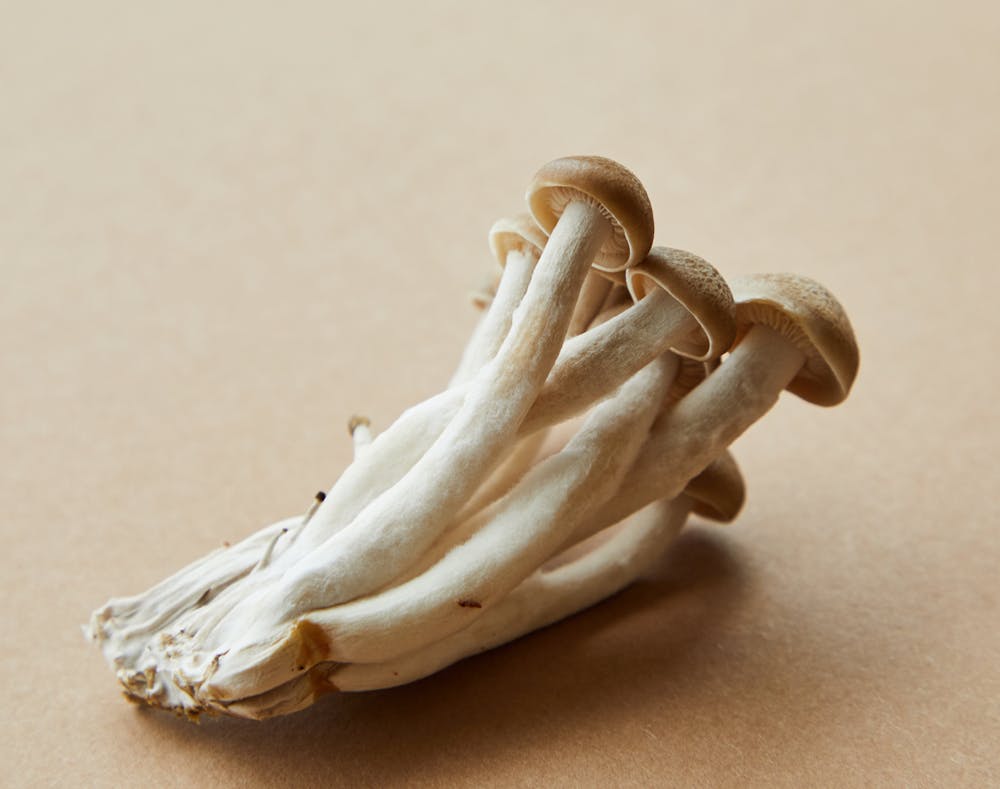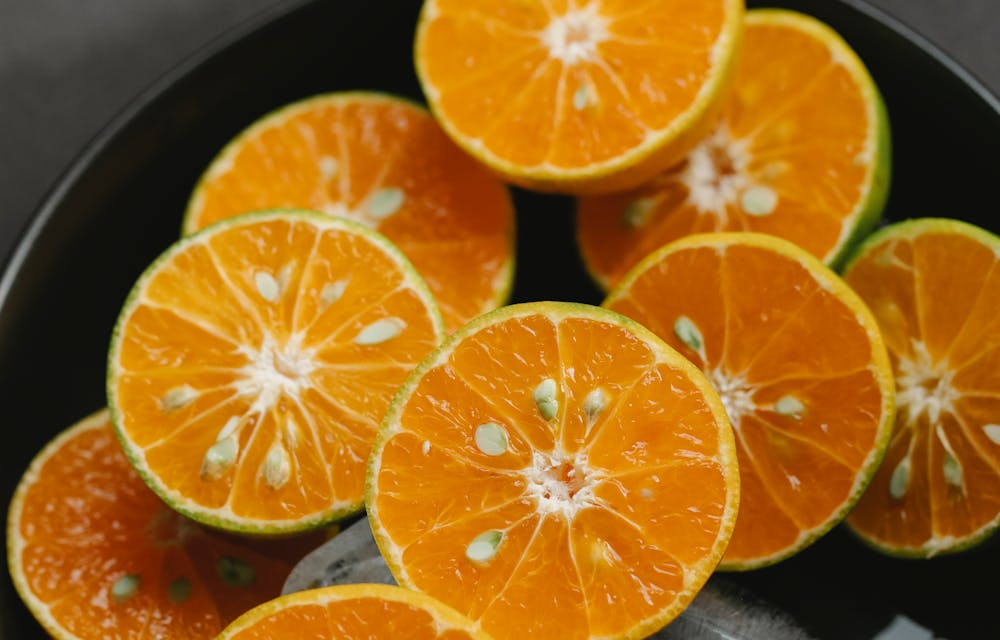As I delve into the realm of plant-based nutrition, I’m astounded by the rise of plant-based protein options that are revolutionizing the way we eat. It’s a trend that’s not just about dietary choices but also about sustainability, health, and compassion for all living beings.
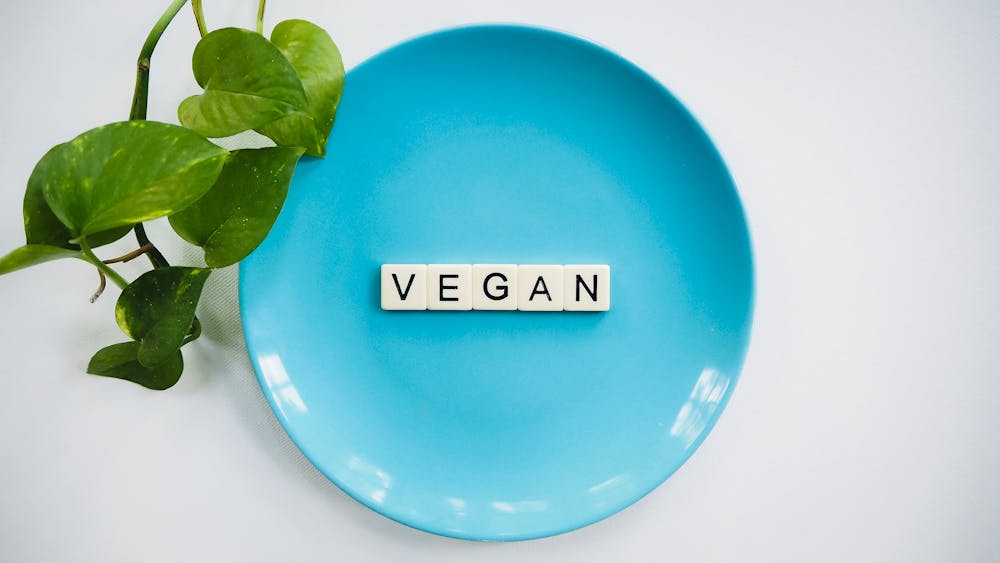 Gone are the days when protein was solely associated with animal products. Today, the plant kingdom offers a plethora of protein-rich alternatives that are not only delicious but also incredibly nutritious.
Gone are the days when protein was solely associated with animal products. Today, the plant kingdom offers a plethora of protein-rich alternatives that are not only delicious but also incredibly nutritious.
 Let’s start with legumes – the unsung heroes of plant-based protein. From humble beans and lentils to versatile chickpeas and hearty peas, legumes are a powerhouse of protein, fiber, and essential nutrients. Whether enjoyed in soups, salads, stews, or curries, legumes provide a satisfying and filling source of plant-based protein that nourishes the body and satisfies the appetite.
Let’s start with legumes – the unsung heroes of plant-based protein. From humble beans and lentils to versatile chickpeas and hearty peas, legumes are a powerhouse of protein, fiber, and essential nutrients. Whether enjoyed in soups, salads, stews, or curries, legumes provide a satisfying and filling source of plant-based protein that nourishes the body and satisfies the appetite.
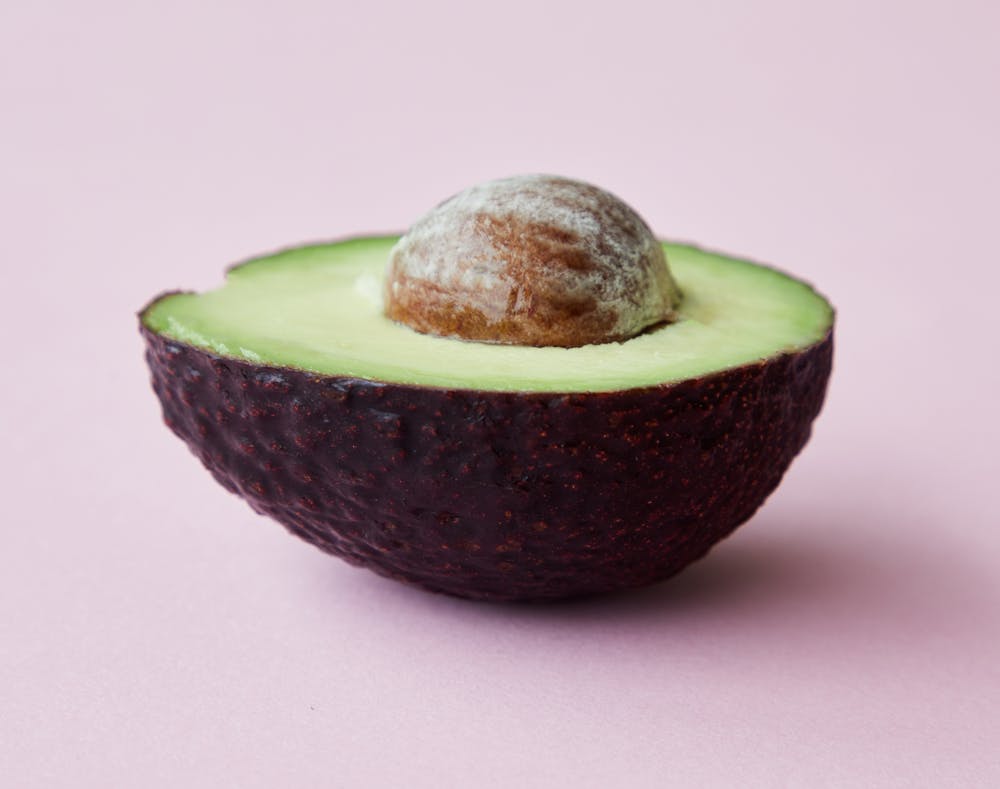 Next up, we have nuts and seeds – nature’s bite-sized protein bombs. Almonds, walnuts, pumpkin seeds, chia seeds, and flaxseeds are just a few examples of the diverse array of nuts and seeds that offer a rich source of protein, healthy fats, vitamins, and minerals. Sprinkle them on top of oatmeal, yogurt, or salads, or enjoy them as a wholesome snack on their own – the possibilities are endless.
Next up, we have nuts and seeds – nature’s bite-sized protein bombs. Almonds, walnuts, pumpkin seeds, chia seeds, and flaxseeds are just a few examples of the diverse array of nuts and seeds that offer a rich source of protein, healthy fats, vitamins, and minerals. Sprinkle them on top of oatmeal, yogurt, or salads, or enjoy them as a wholesome snack on their own – the possibilities are endless.
 And let’s not forget about whole grains – the foundation of many plant-based diets. Quinoa, brown rice, barley, farro, and oats are not only delicious and satisfying but also packed with protein and complex carbohydrates that provide sustained energy throughout the day. From nourishing breakfast bowls to hearty grain salads and comforting pilafs, whole grains offer a versatile and nutritious source of plant-based protein that can be enjoyed in countless ways.
And let’s not forget about whole grains – the foundation of many plant-based diets. Quinoa, brown rice, barley, farro, and oats are not only delicious and satisfying but also packed with protein and complex carbohydrates that provide sustained energy throughout the day. From nourishing breakfast bowls to hearty grain salads and comforting pilafs, whole grains offer a versatile and nutritious source of plant-based protein that can be enjoyed in countless ways.
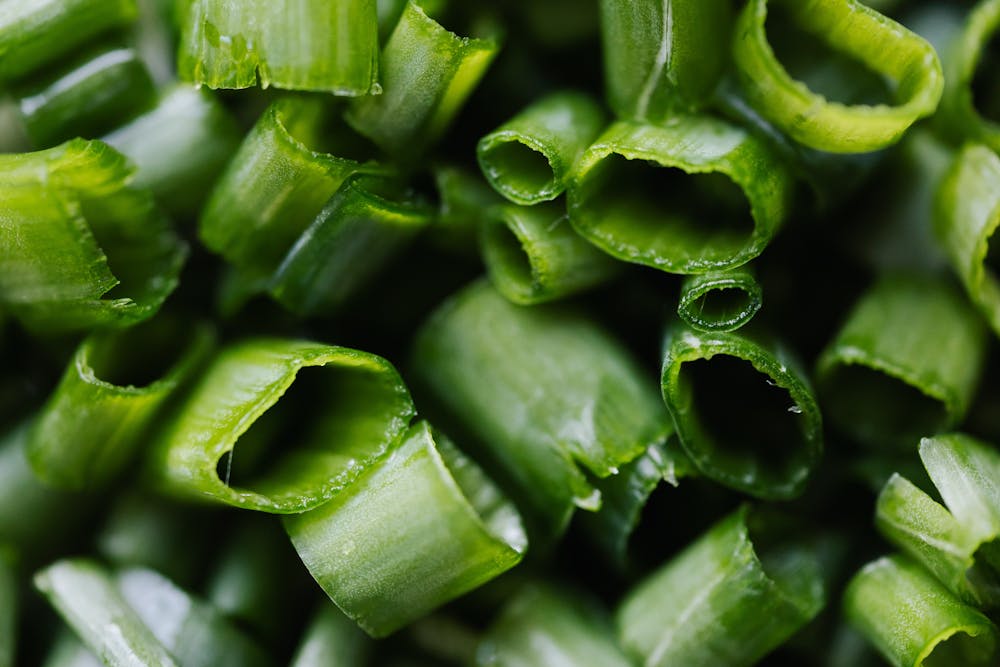 But perhaps the most exciting development in the world of plant-based protein is the emergence of innovative meat alternatives made from plants. From burgers and sausages to nuggets and meatballs, these plant-based meats mimic the taste, texture, and satisfaction of traditional meat products without the environmental and ethical concerns associated with animal agriculture. Made from ingredients like pea protein, soy protein, and wheat gluten, these plant-based meats are not only delicious but also sustainable and cruelty-free.
But perhaps the most exciting development in the world of plant-based protein is the emergence of innovative meat alternatives made from plants. From burgers and sausages to nuggets and meatballs, these plant-based meats mimic the taste, texture, and satisfaction of traditional meat products without the environmental and ethical concerns associated with animal agriculture. Made from ingredients like pea protein, soy protein, and wheat gluten, these plant-based meats are not only delicious but also sustainable and cruelty-free.
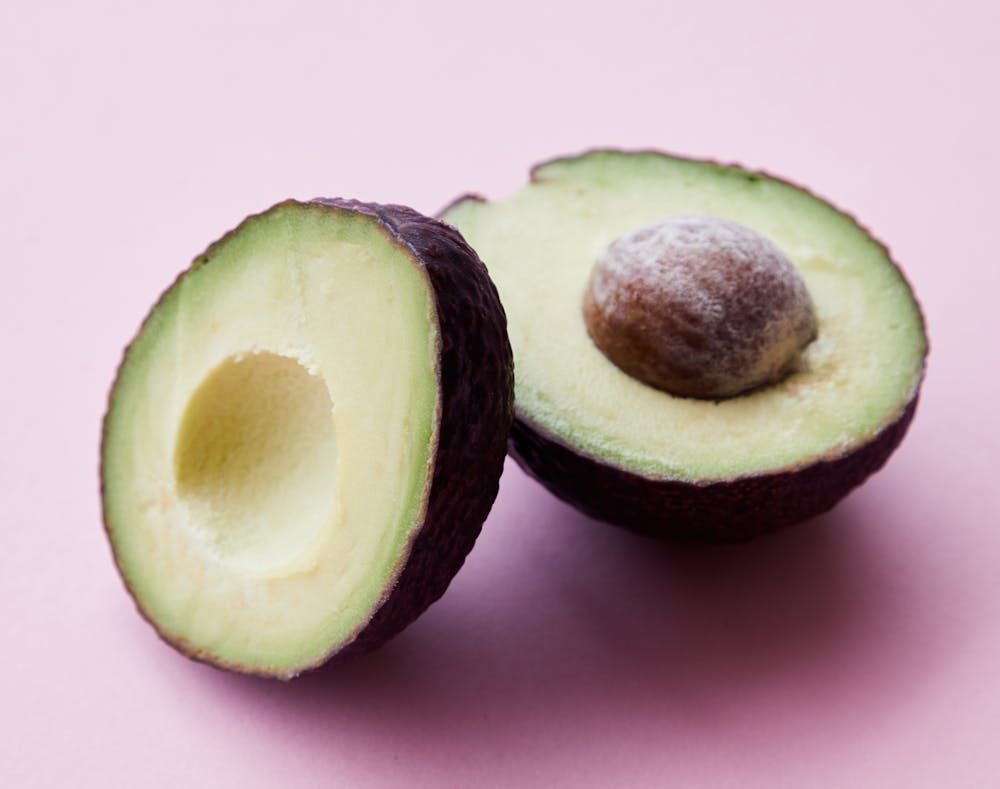 As I explore the vast landscape of plant-based protein options, I’m inspired by the creativity and ingenuity of chefs, food scientists, and home cooks who are redefining the way we think about protein. Whether you’re a committed vegan, a flexitarian, or simply looking to incorporate more plant-based foods into your diet, there has never been a better time to embrace the power of plant-based protein.
As I explore the vast landscape of plant-based protein options, I’m inspired by the creativity and ingenuity of chefs, food scientists, and home cooks who are redefining the way we think about protein. Whether you’re a committed vegan, a flexitarian, or simply looking to incorporate more plant-based foods into your diet, there has never been a better time to embrace the power of plant-based protein.
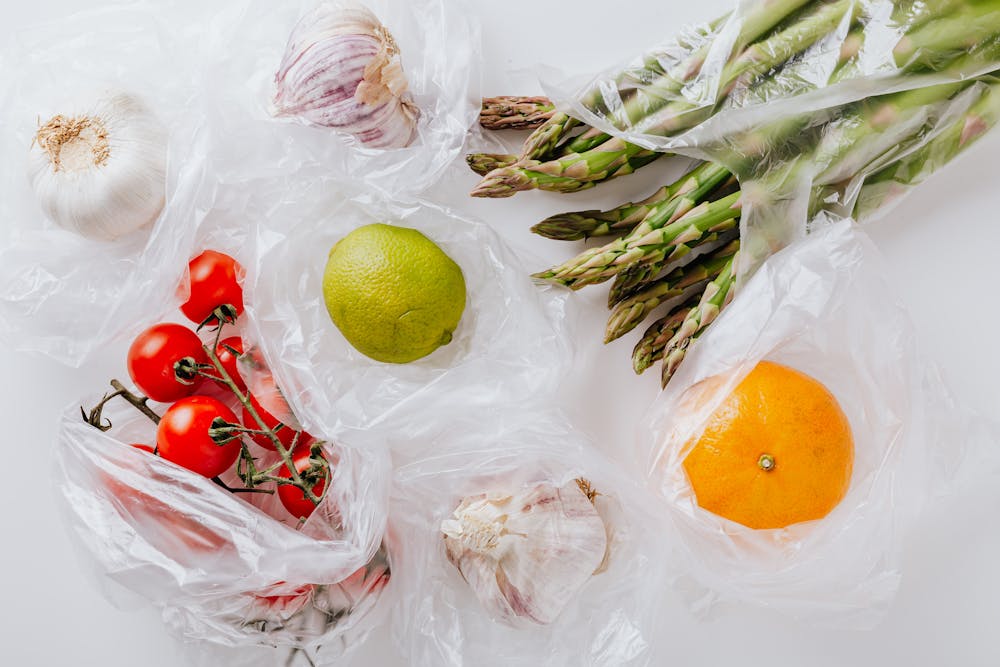 So, the next time you sit down to enjoy a meal, remember that plant-based protein is not just a trend – it’s a delicious, nutritious, and compassionate choice that nourishes both body and soul.
So, the next time you sit down to enjoy a meal, remember that plant-based protein is not just a trend – it’s a delicious, nutritious, and compassionate choice that nourishes both body and soul.
